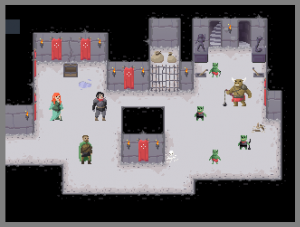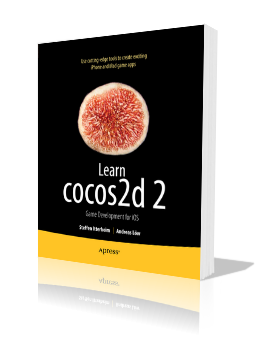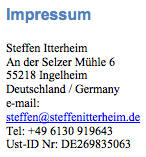I’m just a programmer, trying to comprehend.
[cc lang=”cpp”]
-(void) dealloc
{
[steveJobs release];
steveJobs = nil;
}
[/cc]
Steve’s public @interface was one of vision, drive and passion. His private @interface remained largely that: private.
Steve’s @implementation was not perfect, and it had a particularly nasty bug that eventually brought down the whole system. But by that time the parts of his @implementation that worked perfectly had accomplished a lot, and influenced a lot of other objects through indirection. Even directly on occasion.
His memory imprint on those objects will continue to affect their runtime behavior for a long time.
We mourn the deallocation of a Singleton, if ever there was one.
| Follow @gaminghorror | Follow @kobold2d |
|












Ah yes, but one of Steve’s parting gifts was Automatic Reference Counting, so this becomes:
{}
becomes
”
sad story indeed
Too young, it’s sad…
A singleton is a horrible anti-pattern that is a glorified global used to hack together a bad/wrong design. Please do not equate this with Steve Jobs as he was a great man.
A Singleton is a powerful design pattern in the right places and for the right purpose. Goto has its uses, too. Hell, even Windows, if you consume it with a glass of ice water.
I’ve yet to see a game engine that doesn’t use Singletons. I’ve yet to see any user interface framework that doesn’t use Singletons. They’re being used for a reason, and for a good reason I might add.